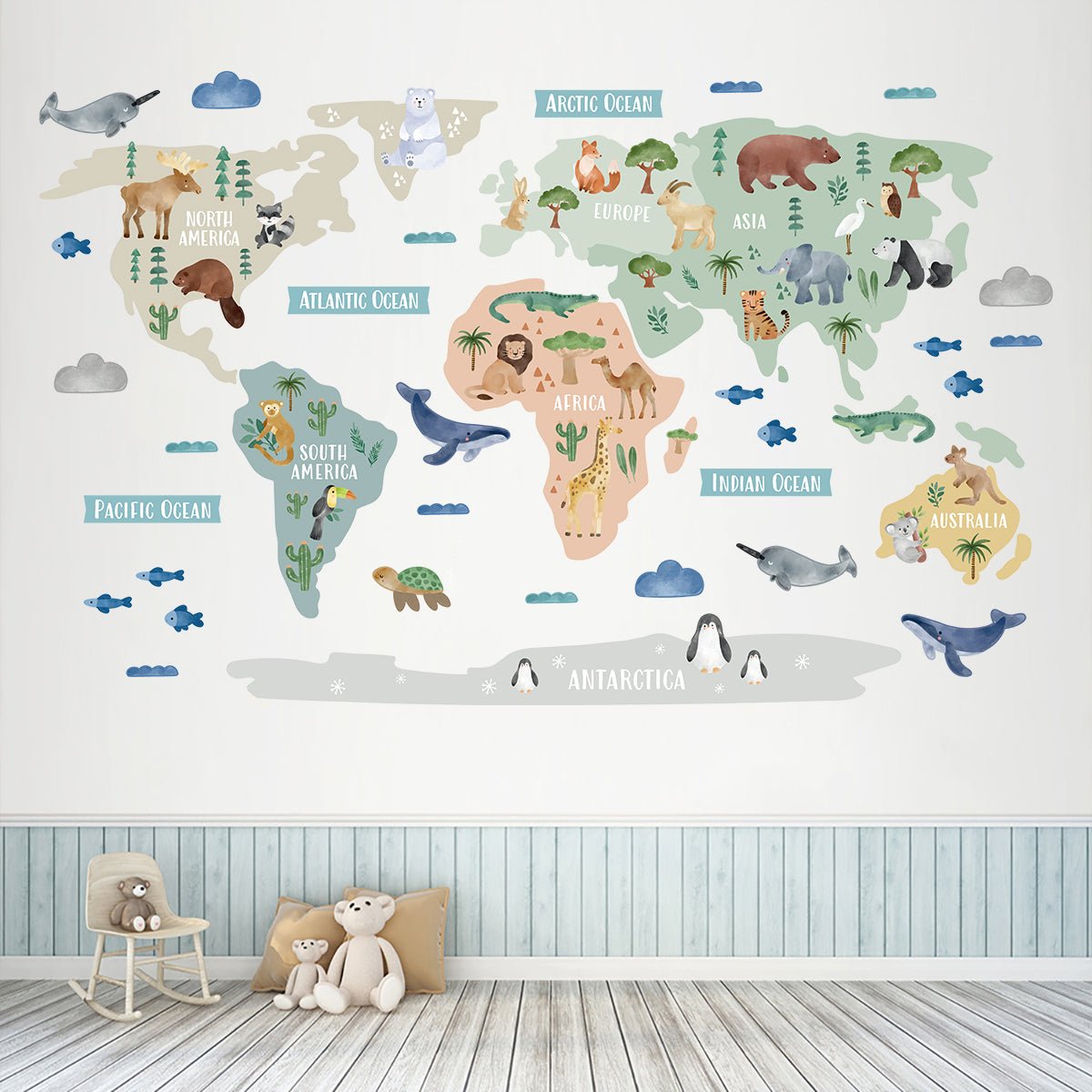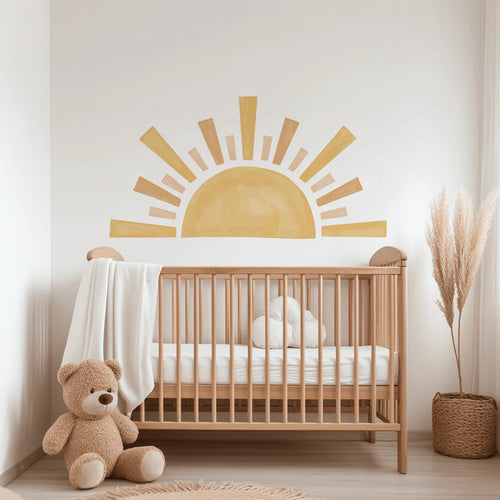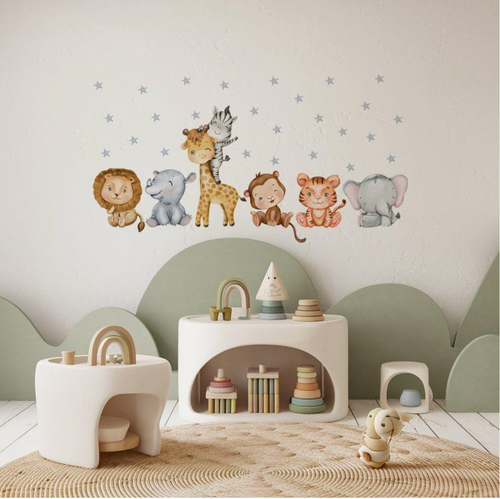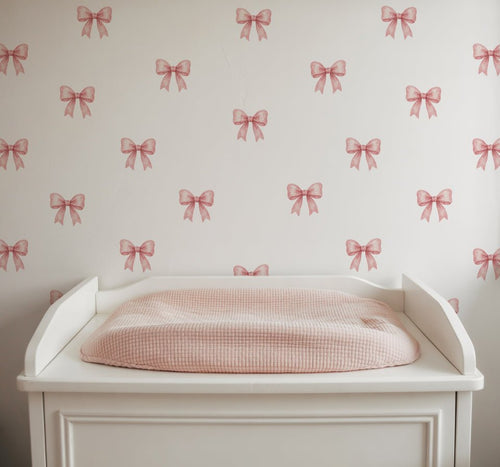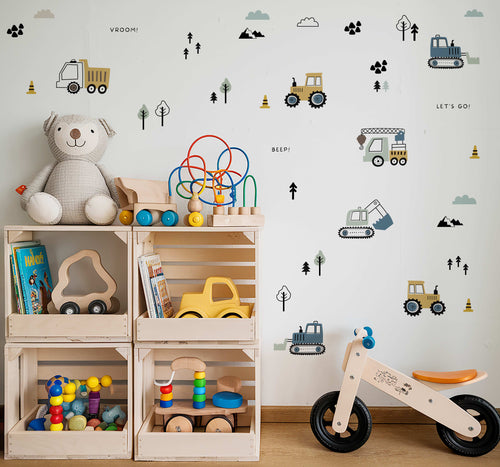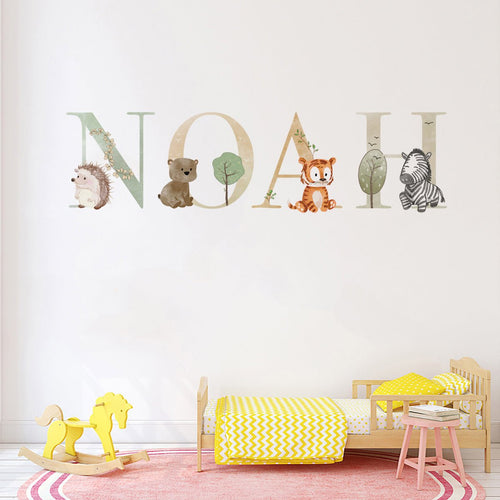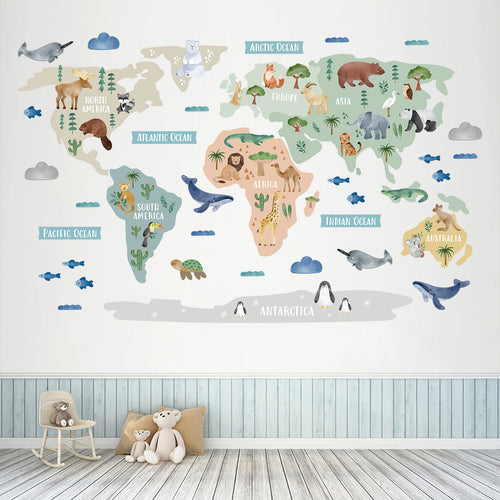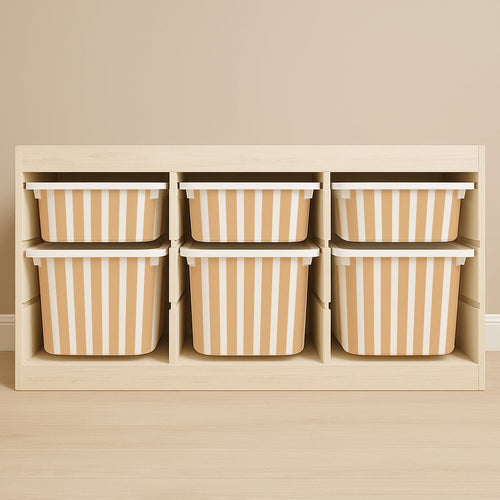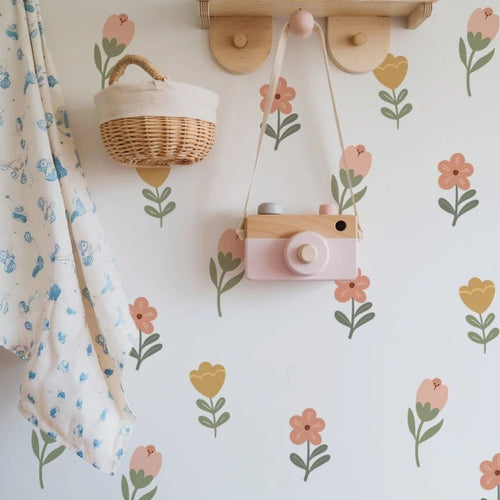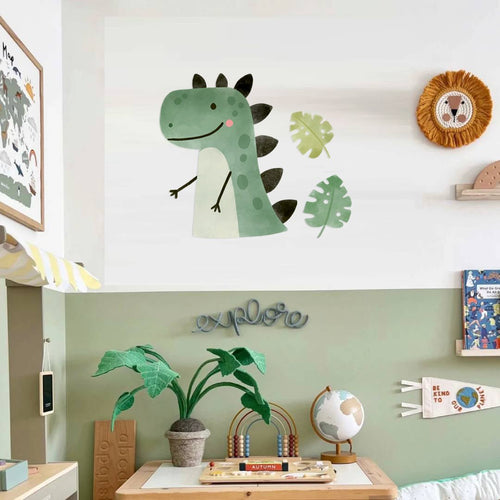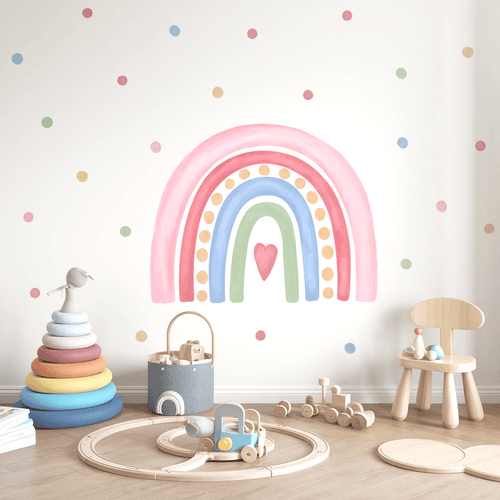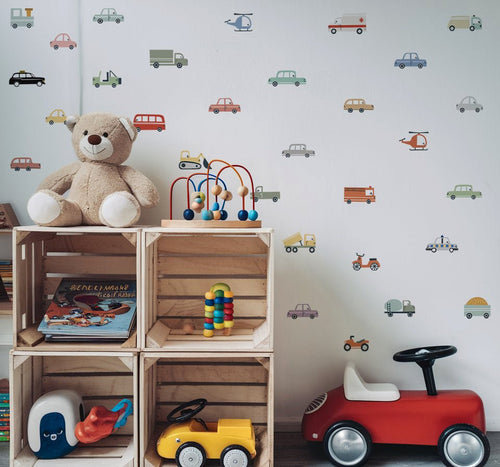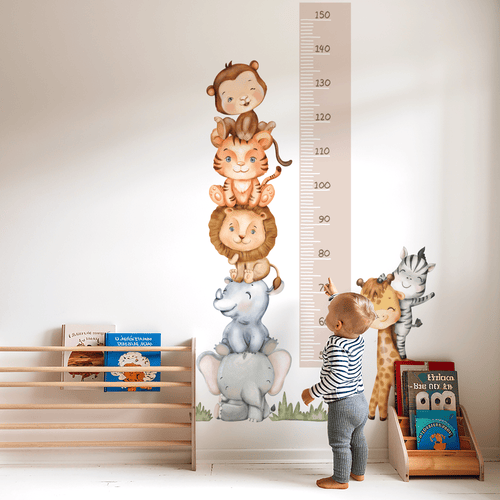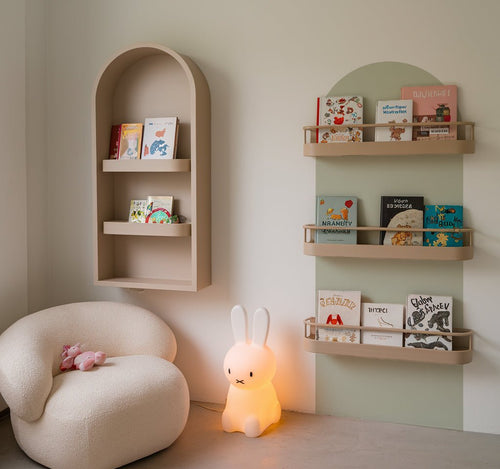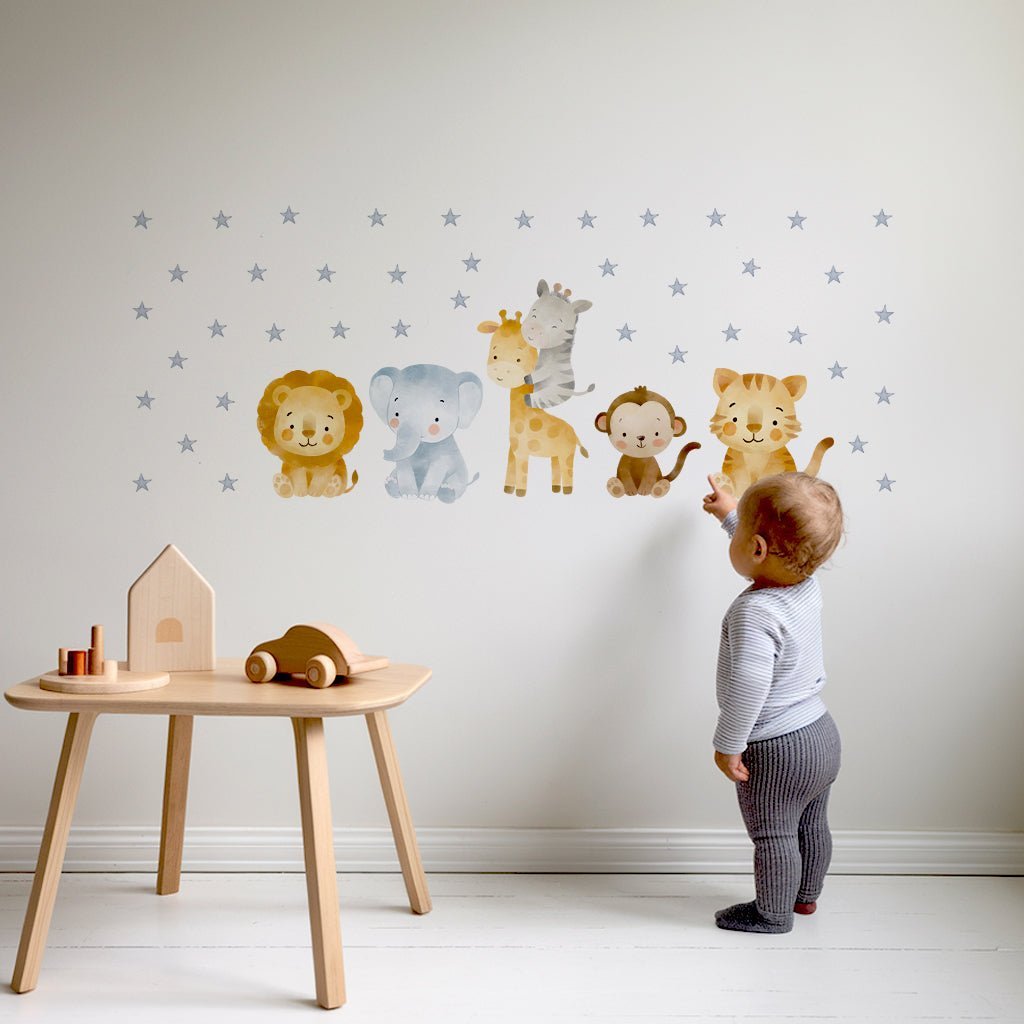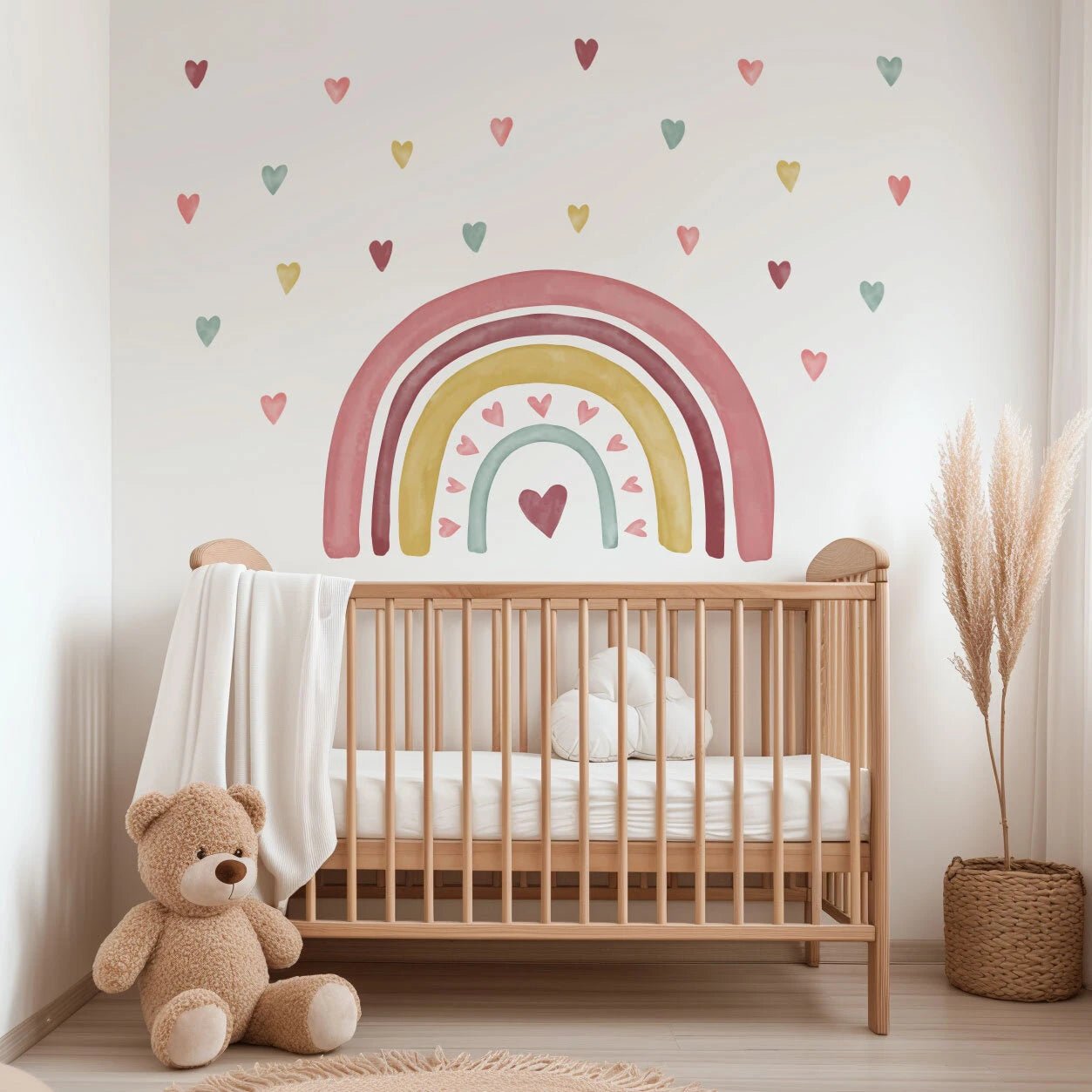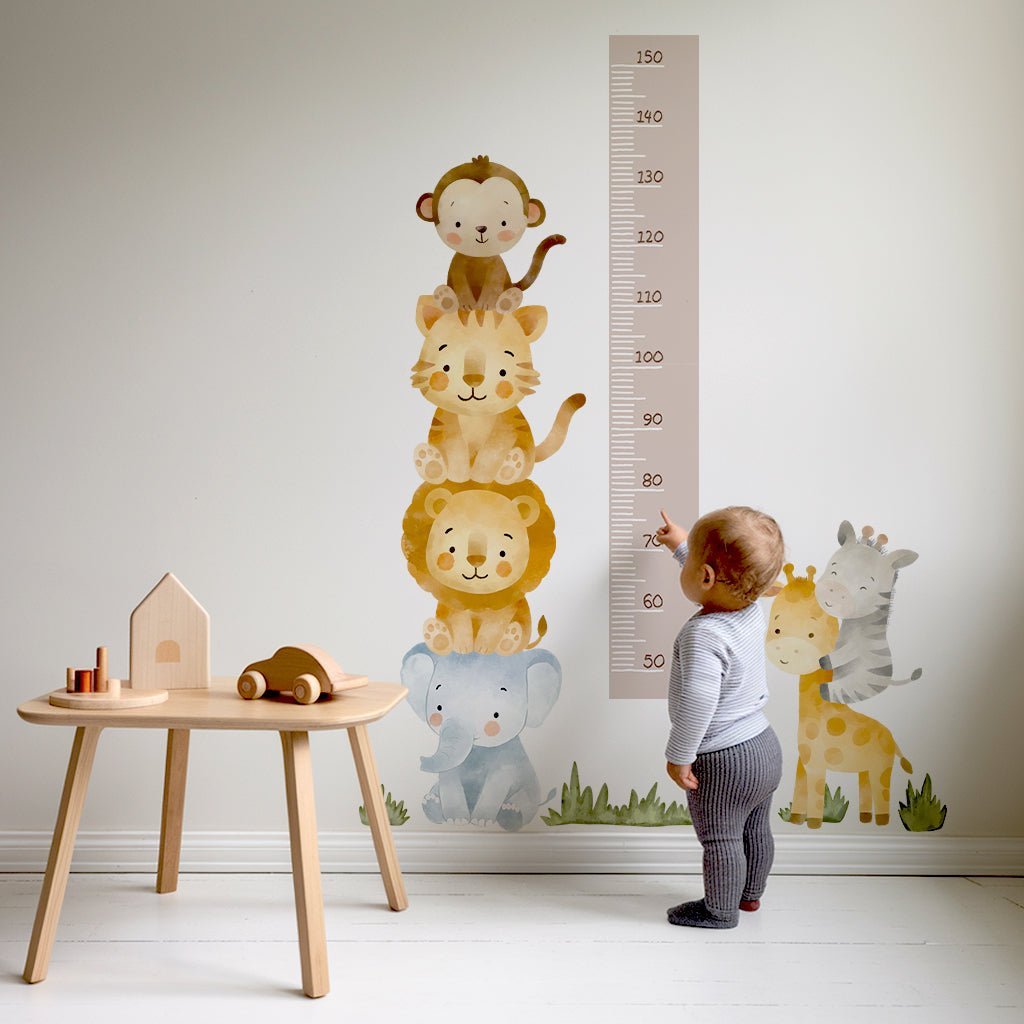Key Takeaways
- A bench cushion is a padded cover that makes hard seating more comfortable and stylish.
- They are ideal for use in reading nooks, dining benches, and playroom seating areas.
- Bench cushions add both comfort and a splash of color to children's spaces.
- These cushions help transform ordinary benches into cozy and inviting spots.
Table of Contents
- Bench Cushions 101: Comfort, Style, and Everyday Magic
- Types of Bench Cushions & Their Benefits: Find Your Perfect Match
- Measuring Up: How to Choose the Right Size and Shape for Your Bench
- Bench Cushion Materials & Fabrics: What Works, What Lasts, What's Good for Kids
- Style Meets Function: Custom, Ready-Made, and Designer Bench Cushions Compared
- How to Make a DIY Bench Cushion: Step-by-Step for Beginners
- Bench Cushions in Real Homes: Ideas & Inspiration from Parents
- Common Bench Cushion Problems, And How to Fix Them Fast
- Cleaning & Caring for Your Bench Cushion: Make It Last
- Where to Buy the Perfect Bench Cushion: UK's Best Picks for Every Budget
Bench Cushions 101: Comfort, Style, and Everyday Magic
A bench cushion is a simple yet transformative addition to any home, instantly making hard seating more inviting and visually appealing. Whether you're updating a reading nook or adding comfort to a dining bench, the right cushion can turn an overlooked spot into a family favourite. Cartoon animal designs are especially popular for children's spaces, adding both comfort and playful style.
Families often choose bench cushions for their versatility, they work equally well in playrooms, mudrooms, and window seats. The ability to select colours, patterns, and materials means you can coordinate your bench cushion with other décor elements, such as wall stickers or themed accessories. For more inspiration on how to style your child's space, explore these animal themed nurseries wall stickers that pair beautifully with colourful bench cushions.
Beyond aesthetics, bench cushions provide practical benefits. They protect wooden surfaces from scratches, dampen noise, and encourage children to use designated seating areas. If you're looking for creative ways to refresh your child's room, check out these 10 creative ways to use nursery stickers for a magical room makeover, many of which complement the addition of a new bench cushion.
Types of Bench Cushions & Their Benefits: Find Your Perfect Match

Bench cushions come in several distinct styles, each offering different comfort levels and visual appeal. Understanding these differences helps you choose what works best for your family's needs and your child's preferences.
Boxed cushions feature squared edges and firm corners, creating a tailored, structured look. They're excellent for dining benches where you need consistent support. Tufted versions have decorative buttons or stitching that creates dimpled patterns, charming for reading nooks but requiring more cleaning attention. Overstuffed cushions offer maximum comfort with rounded, plump edges, perfect for lazy Sunday morning snuggles.
| Cushion Style | Comfort Level | Best Setting | Maintenance |
|---|---|---|---|
| Boxed (2-4" thick) | Firm support | Dining benches, homework spots | Easy to wipe clean |
| Tufted | Medium comfort | Decorative window seats | Requires careful spot cleaning |
| Overstuffed | Maximum softness | Reading nooks, cuddle corners | Machine washable covers ideal |
| Flat/Thin (1-2") | Basic comfort | Outdoor benches, temporary seating | Quick-dry materials best |
Thickness matters more than you might expect. A 4-inch boxed cushion transforms a hard bench into proper seating for extended play sessions, whilst a thin 2-inch pad simply takes the edge off without dramatically changing the bench's profile, perfect when you need to maintain storage access underneath.
Measuring Up: How to Choose the Right Size and Shape for Your Bench
Getting the measurements right takes less than 10 minutes but saves weeks of frustration. Start with length and width, measuring the actual seating surface rather than the bench's overall dimensions, many benches have decorative edges or arms that shouldn't be covered.
Here's your step-by-step approach: First, measure length from one end of the seating area to the other. Second, measure width from front edge to back edge. Third, decide on thickness, 2 inches for basic comfort, 3-4 inches for proper cushioning. Finally, check for obstacles like hinges on storage benches or armrests that might affect fit.
What if my bench is an odd shape?
Curved or L-shaped benches need custom solutions. Measure the longest and widest points, then note the curve's depth. Many UK suppliers offer made-to-measure services for unusual shapes, typically adding 2-3 weeks to delivery time.
The most common fitting mistake? Not accounting for hinge clearance on storage benches. Leave at least an inch of space around hinges to prevent the cushion from interfering with opening mechanisms. For window seats with radiators underneath, ensure your chosen thickness won't block heat circulation.
Bench Cushion Materials & Fabrics: What Works, What Lasts, What's Good for Kids
The filling inside your bench cushion determines comfort and longevity. High-density foam offers the best support for children's seating, maintaining its shape through countless story sessions and snack times. CertiPUR-US® certified foam ensures no harmful chemicals, crucial when little ones spend hours on these surfaces.
Fabric choice directly impacts your daily life with children. Polyester blends resist stains and wash easily, essential when dealing with sticky fingers and spilled drinks. For families with allergies, hypoallergenic covers made from tightly-woven synthetic materials prevent dust mite accumulation whilst remaining soft to touch.
| Material Type | Comfort | Cleanability | Best Use |
|---|---|---|---|
| Polyester blend cover | Soft, breathable | Machine washable 30°C | Daily family use |
| Canvas/cotton | Natural, firm | Spot clean only | Low-traffic areas |
| Microsuede | Luxuriously soft | Professional clean recommended | Adult reading spaces |
| Outdoor acrylic | Weather-resistant | Hose-clean, quick-dry | Garden benches, conservatories |
Material Watch: What is CertiPUR-US® foam?
This certification guarantees foam is made without harmful chemicals like formaldehyde, heavy metals, or ozone depleters. For children's furniture, it's the gold standard, ensuring safe materials that won't off-gas unpleasant odours in bedrooms or playrooms.
For sticky fingers and inevitable spills, removable polyester covers can be machine-washed and dried in under an hour. Outdoor-rated materials like solution-dyed acrylic resist fading and mildew, perfect for conservatory benches or covered garden areas where children play year-round.
Style Meets Function: Custom, Ready-Made, and Designer Bench Cushions Compared

Ready-made bench cushions offer immediate gratification, order today, arrive this week. They work brilliantly for standard bench sizes and popular colour schemes. Custom options provide perfect fits for unusual dimensions or specific fabric requirements, whilst designer cushions bring premium materials and elevated finishing touches to children's spaces.
The practical differences matter for busy families. Ready-made cushions start at £25 and ship within days, making them ideal for quick room refreshes or trying out new themes. Custom cushions typically range £55-£120 depending on size and fabric choice, requiring 2-4 weeks for production but guaranteeing perfect dimensions for awkward spaces.
| Option | Best For | Typical Price Range | Delivery Time |
|---|---|---|---|
| Ready-made | Standard sizes, quick updates | £25-£60 | 2-5 days |
| Custom | Unusual shapes, specific fabrics | £55-£120 | 2-4 weeks |
| Designer | Premium materials, unique patterns | £80-£200 | 1-3 weeks |
Choose ready-made when you need immediate results or want to test how a bench cushion works in your space. Go custom for window seats, curved benches, or when you've found the perfect fabric that matches existing décor. Designer options make sense when the bench serves as a focal point in a carefully curated room.
How to Make a DIY Bench Cushion: Step-by-Step for Beginners
Creating your own bench cushion takes 1-2 hours and costs roughly half the price of ready-made options. You'll need fabric (allow extra 6 inches each direction), foam cut to size, scissors, measuring tape, and either a sewing machine or fabric adhesive for no-sew methods.
Start by measuring your bench and cutting foam to exact dimensions, most foam suppliers offer cutting services for £5-10. Cut fabric pieces: one for the top/bottom (foam size plus 1 inch seam allowance) and a long strip for sides (foam thickness plus 2 inches). Sew pieces together, leaving one end open for foam insertion, then turn inside-out and stuff with foam.
No sewing machine? Try this...
Fabric adhesive tape creates strong, washable seams without stitching. Iron-on hemming tape works perfectly for straight edges. Allow 30 minutes for adhesive to cure before inserting foam.
Real parent tip from Emma in Bristol: "We used leftover fabric from our nursery for a completely coordinated look, the bench cushion ties the whole room together!" Total material costs typically run £15-25, compared to £40-60 for equivalent ready-made cushions. For more DIY inspiration and practical advice, see a step by step guide to applying nursery stickers for your child's room.
Bench Cushions in Real Homes: Ideas & Inspiration from Parents
The magic happens when families make bench cushions work for their unique spaces. Take the Johnson family's mudroom transformation: a simple wooden bench became a welcoming spot for putting on shoes, complete with storage underneath and a cheerful striped cushion that handles daily wear beautifully.
Window seats prove particularly popular for creating reading nooks. Adding a plush bench cushion instantly transforms unused architectural features into coveted spots where children naturally gravitate for quiet activities. Pair with themed wall stickers, dinosaurs for animal lovers or rainbows for a touch of whimsy, to create a magical, inviting space.
Common Bench Cushion Problems, And How to Fix Them Fast

Sliding cushions frustrate parents and children alike. The quickest fix costs under £5: stick Velcro dots to your bench and cushion base. Application takes three minutes, and the grip lasts months. For wooden benches, try thin rubber shelf liner underneath, it grips without adhesive and removes cleanly.
| Problem | Quick Fix | Cost | Time Required |
|---|---|---|---|
| Cushion slides off | Velcro strips or rubber liner | £3-8 | 5 minutes |
| Flattening/sagging | Flip weekly, add foam insert | £10-15 | 2 minutes daily |
| Stains and spills | Immediate blotting, removable covers | £0-20 | 30 seconds to 1 hour |
| Odd smells | Baking soda overnight, air dry | £2 | Overnight |
Flattened cushions regain bounce with simple rotation. Flip your bench seat pads weekly to distribute wear evenly. For severely compressed filling, slip a thin foam insert inside the cover, instant volume restoration without buying new.
Spill response matters more than cushion quality. Blot liquids immediately with kitchen roll, working from outside edges inward to prevent spreading. Washable covers handle most accidents, while a light sprinkle of baking soda absorbs odours overnight before vacuuming clean.
Cleaning & Caring for Your Bench Cushion: Make It Last
Weekly maintenance prevents deep cleaning emergencies. Vacuum cushions using the upholstery attachment, paying attention to crevices where crumbs hide. This two-minute routine keeps bench seat cushions fresh and extends their lifespan significantly.
Removable covers simplify family life. Most polyester and cotton blends wash beautifully at 30°C in standard machines. Check care labels first, some premium fabrics prefer gentle cycles or hand washing. Air drying prevents shrinkage and maintains shape better than tumble drying.
Spot cleaning tackles immediate messes without full washing. Mix one part white vinegar with two parts warm water for general stains. For greasy marks, add a drop of washing-up liquid. Always test cleaning solutions on hidden areas first to avoid colour changes or fabric damage.
Seasonal storage protects investment pieces. Before storing outdoor cushions, ensure they're completely dry to prevent mould. Breathable cotton bags work better than plastic for long-term storage, allowing air circulation while keeping dust away. Indoor cushions benefit from occasional sunny window placement to naturally refresh and deodorise.
Replacement timing depends on usage rather than age. Heavy daily use might require new cushions annually, while occasional-use pieces last several years. Signs for replacement include permanent staining, irreversible flattening, or fabric tears that compromise comfort and safety. For more expert tips and maintenance ideas, visit our tips ideas section.
Where to Buy the Perfect Bench Cushion: UK's Best Picks for Every Budget
Budget-conscious families find excellent options at Dunelm and IKEA, with basic bench cushions starting from £15. These retailers excel at standard sizes and neutral colours, perfect for simple comfort needs. Delivery typically takes 3-5 days for in-stock items.
Custom requirements suit specialist makers like The Cushion Factory or independent Etsy creators. Bespoke bench seat pads typically cost £45-85 depending on size and fabric choice, with delivery in 10-14 working days. Many offer fabric samples before ordering, ensuring perfect colour matching.
Premium retailers including Heal's and Graham & Green stock designer options with superior materials and unique patterns. Prices range from £60-150, reflecting higher-quality fillings and exclusive fabric designs. These pieces often feature advanced stain treatments and longer warranties.
Online marketplaces provide vast choice and competitive pricing. Amazon UK offers next-day delivery on popular styles, while you can also consult the Consumer Product Safety Commission's upholstered furniture FAQ for guidance on safety standards. For further reading on flammability and regulations, see the Upholstered Furniture Flammability Standard from the National Upholstery Association.
Frequently Asked Questions
What are the different types of bench cushions and which settings are they best suited for?
Bench cushions come in styles like boxed cushions with firm, squared edges ideal for dining benches, and tufted cushions that offer a softer, plush feel great for reading nooks or playrooms. Roll cushions provide a casual look perfect for window seats, while flat cushions suit mudrooms or entryway benches. Choosing the style depends on the comfort level and look you want for each space.
How do I choose the right size and thickness of a bench cushion for my seating area?
Measure your bench’s length and width carefully, allowing the cushion to fit snugly without overhanging. Thickness usually ranges from 2 to 4 inches, thicker cushions offer more comfort but might feel bulky in smaller spaces. Consider how your child will use the bench; for everyday seating, a thicker cushion adds cosy support, while thinner ones work well for occasional use.
What materials and fabrics are recommended for bench cushions, especially in children's spaces?
Look for durable, washable fabrics like cotton blends or polyester with a stain-resistant finish to handle spills and messes. Non-slip backing is a must for safety, keeping cushions in place during play. Soft, breathable materials help keep little ones comfortable, and choosing fabrics printed or woven in the UK ensures quality and safer dyes for children’s rooms.
How can I properly clean and maintain different styles of bench cushions to ensure longevity?
Most bench cushions come with removable covers, machine wash these on a gentle cycle with mild detergent to keep colours bright and fabrics fresh. Spot-clean foam or fixed cushions promptly with a damp cloth and mild soap. Regularly fluff and rotate cushions to maintain shape and prevent wear, and always check care labels for specific instructions to keep your cushions looking their best.
